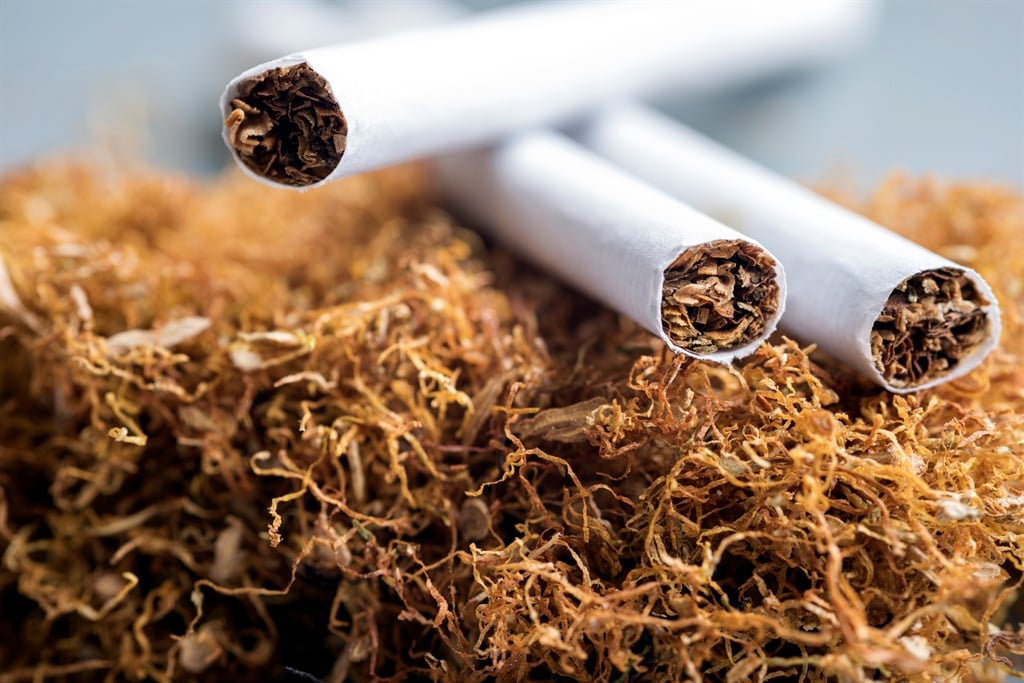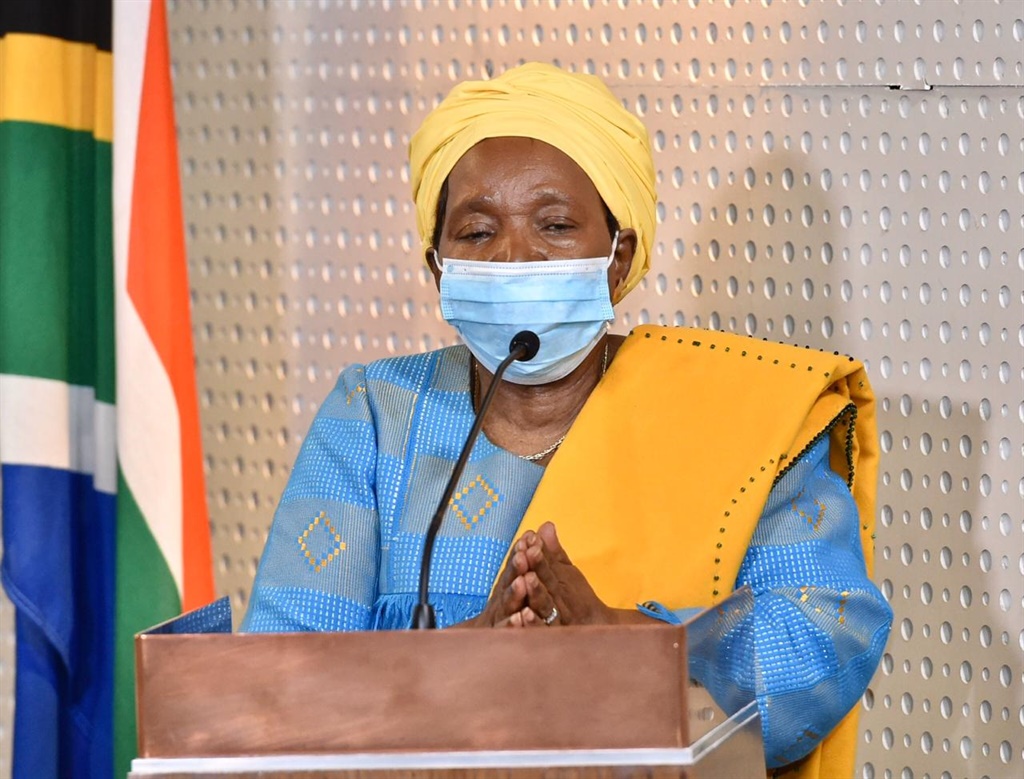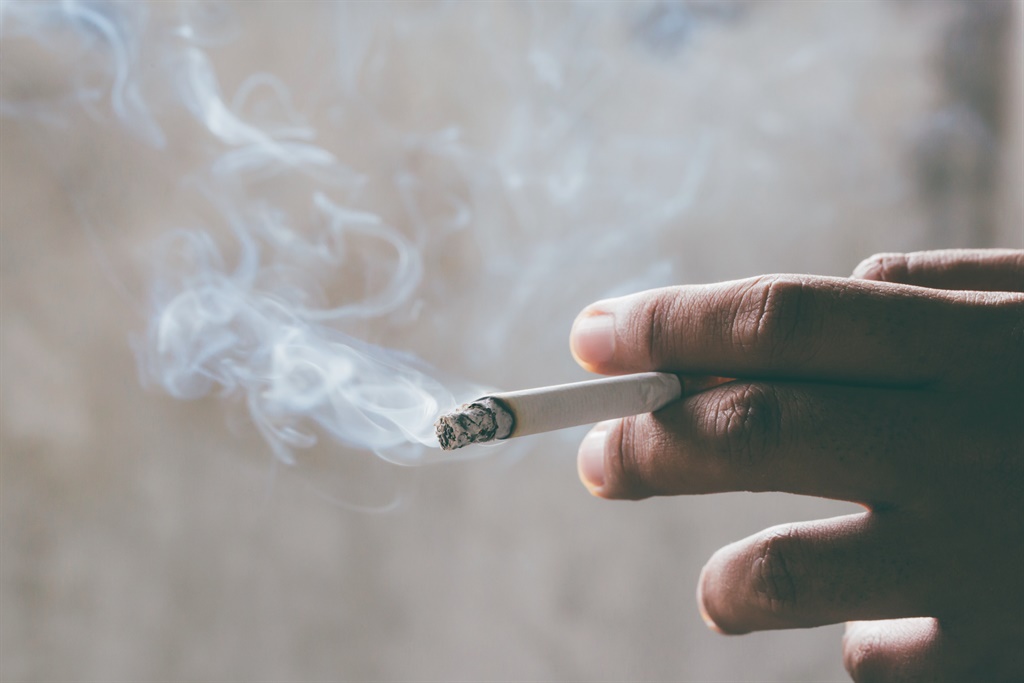
Tobacco ban under court scrutiny this week
by Queenin MasuabiThe fight for the sale and distribution of tobacco is set to continue in the courts this week after president Cyril Ramaphosa announced on Sunday night that tobacco would remain banned under level three of lockdown, which starts next Monday.
Government has until Wednesday to provide the Fair-trade Independent Tobacco Association with the minutes and records of the meetings of the national coronavirus command council at which the decision was made to ban cigarettes.
This is according to a court order which was handed down on May 12.
“The respondents will file the record of decision and any reasons, as contemplated by uniform rule 53(1)(b) as soon as reasonably possible but by no later than May 26 2020,” the order read.
A special allocation has been granted for the court hearing, which seeks to interrogate why the sale of tobacco products was banned under level four of the lockdown.
“The parties will approach the deputy judge president for a special allocation of the matter for hearing during the week of the June 9, failing which the matter will be set down for the hearing in the urgent court on June 9,” the order read.
Fair-trade Independent Tobacco Association chairperson Sinenhlanhla Mnguni told City Press (before Ramaphosa’s announcement on Sunday night) that the organisation would still go ahead with the court even if government confirmed that the sale of tobacco products would be allowed under level three. However, Ramaphosa said the tobacco ban would stay.
Read: Bars, hair salons and tobacco still unsanctioned as SA moves to level 3
“We will still proceed with the application as per our notice of motion though. You will recall that one of our prayers is that even under level four and five the sale of cigarettes should have been permitted,” he said.
Part A of the association’s court application was to convince government to hand over the records and allowing the manufacturing and export of tobacco products.
City Press reported in the first week of May that exporters represented by the association were permitted to manufacture and export their goods. They were instructed to do all the manufacturing and transporting of products under strict health protocols.
In part B of application they argue that selling the of tobacco products under level four should be allowed.
In her answering affidavit to the first relief sought by the association in its court application, Minister of Cooperative Governance and Traditional Affairs Nkosazana Dlamini-Zuma stuck to her guns on the command council’s authority to draft and implement regulations governing the lockdown.

Dlamini-Zuma said that President Cyril Ramaphosa’s statement that cigarettes sales would be allowed was based on general sentiment by the command council at that particular time.
However, after South Africans submitted input on the risk-adjusted strategy, cigarettes fell off the essential and permitted goods list.
She stated that the decision was taken after careful consideration backed by public submissions received paired with research from medical literature.
The minister claimed that there was “nothing sinister” behind the state’s decision to renew the ban on the sale of tobacco products under level four of the lockdown.
This comes after Ramaphosa, in a televised address on April 23, initially approved the sale of tobacco products under level four.
At the next briefing which featured Dlamini-Zuma and Minister of Trade and Industry Ebrahim Patel, the media grilled them about the decision, stating the possible health hazard it could pose for South Africans.

Just days after this briefing, another public engagement was held where Dlamini-Zuma announced that the sale of tobacco products would no longer be allowed.
In her affidavit, the minister said she would explain the process through which regulation 27 which prohibited the sale of tobacco products was promulgated in more detail in a future court filing.
“For present purposes, however, I emphasise that the decision to promulgate the regulation was taken after careful consideration, not only of the submissions received, but also the relevant medical literature,” she said.
“It also is a decision that was endorsed by the national coronavirus command council and Cabinet, before the regulations were promulgated,” the affidavit read.
The matter sparked rumours that Dlamini-Zuma was overriding the president’s decision and questions about Ramaphosa’s power and influence were raised.
The minister addressed this matter in the court documents and stated that it was not the case that she and the president were “somehow at odds over this issue”.
She explained that the decision was discussed after it was announced and dismissed rumours that strong-armed the president in anyway.
“After the president’s initial announcement was made, further consideration was given to the issue in the light of submissions received and medical evidence and a different position ultimately adopted.”
The association took part in a special tobacco stakeholders meeting which was convened by the South African Revenue Services.
During that meeting they had the opportunity to raise their concerns and speak about the impact which the tobacco ban has had on their industry.
“We welcome the engagement with the important organ of state and we hope that we will in due course have some positive news for the many people who have been affected on inter alia the ban on cigarettes,” the organisation said in a statement issued last week.